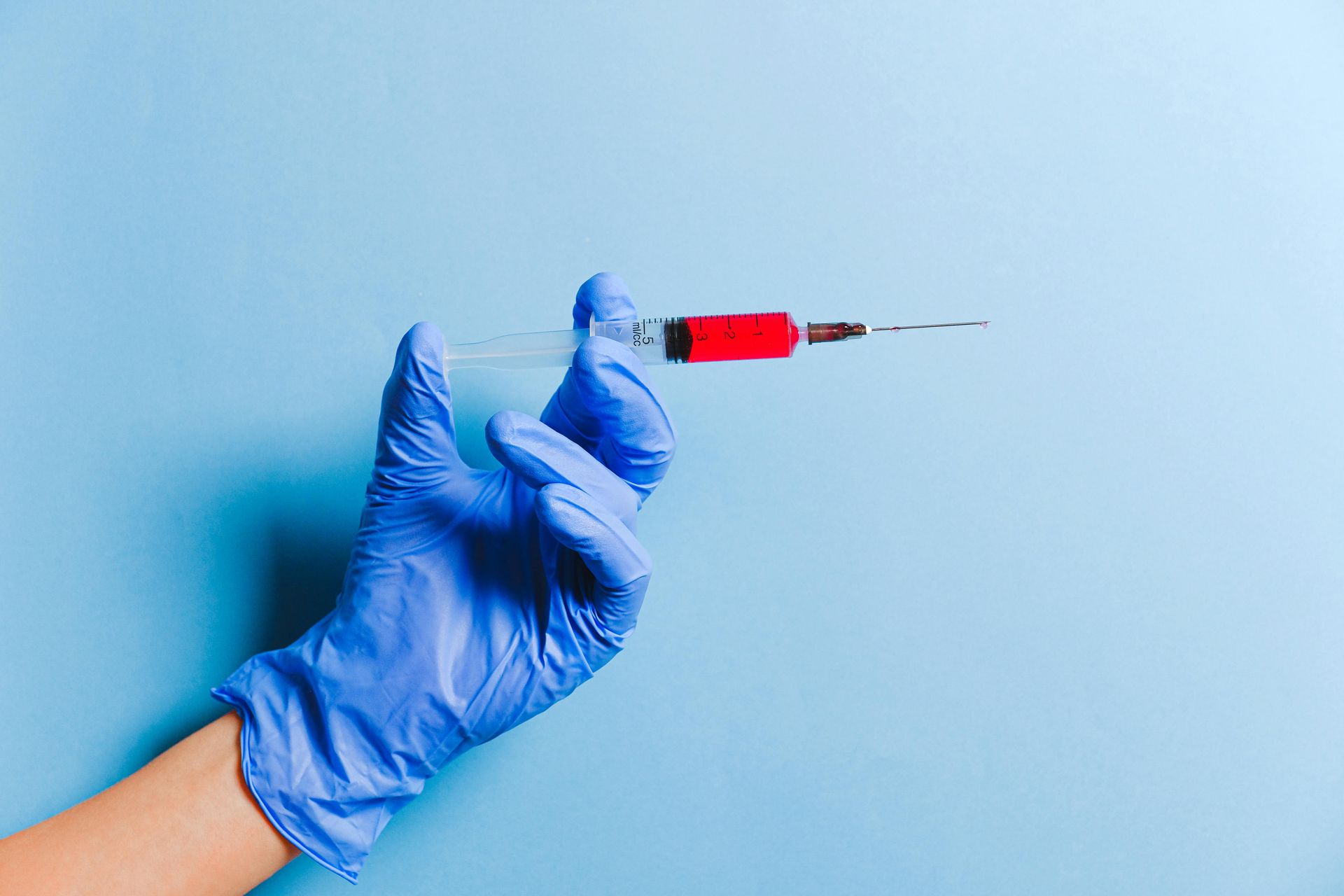
Stress Management: Can your imagination cause stress?

After the day's work, I went to see a friend who had her first baby. By the time I was done with my activities, it was 8 pm. When I got to my apartment, I saw an object staring at me. I was still trying to turn on the light when I saw the image moving toward me. I was frightened. I wanted to call my neighbor but remembered he told me he would be traveling. I positioned myself to hit the object forcefully. Just when I grabbed the area I thought was the neck, I discovered it was my cotton that the wind was blowing gently.
Thankfully I didn't allow the experience to overwhelm me.
When you have experiences that overwhelm you, you can be stressed out. However, stress doesn't have to be always negative.
Did you know your body can be productive when you are stressed?
What is Stress?
Stress is the reaction your body displays when there is an unplanned occurrence. The response may occur either immediately or afterward. According to the World Health Organization (WHO), stress can lead to emotional, physical, or psychological reactions. How your body reacts to seen or imagined actions can lead to stress.
Truth be told, everyone experiences stress in one way or another. However, while some react to it mildly, others may not.
How we react matters.
Nevertheless, our genetic makeup and the experiences that made up our childhood play a role in how we react to stress.
How does your body react to stress?
When faced with real or perceived danger, your body has a way it protects itself from attack. Your body releases hormones (Adrenaline and Cortisol) that keep you alert, ready, and thinking fast on how to handle the present situation. When there is a need to react in defense to unplanned situations, your concentration is heightened, your brain is sharp, and your heart rate increases. After the problem has been handled, your body returns to its previous state.
Types of Stress
- Acute stress: This is otherwise known as short-term stress, which happens when you must react to a sudden situation that makes your body tense. However, a few minutes after the situation has been dealt with, your body becomes calm, and your heart rate and your blood pressure normalize.
- Chronic stress: This is popularly known as long-term stress and is the opposite of acute stress. Your body doesn't seem to recover from the incident. What causes the stress is often repeated. It can be from domestic violence, child abuse, or constant fights. This can result in constant tiredness, low self-esteem, or hypertension.
Stress and Imagination
In our world, is it possible to live 24 hours without an imagination?
We live in a world where our imagination can influence our decisions in the workplace, career, social life, or family life. How we react to any situation, whether good or bad, can cause stress.
Our imagination may often go wild, moving beyond the actual incident. When nursed over time, this may pose health problems.
Positive stress can:
- Make you alert: When faced with an uncertain situation, your body is alert. You can quickly hit the brakes of your car to escape an accident.
- Bring your creativity alive: I have had to improvise some items during service. I wasn't taught what to do, but your creativity heightens when you have a task and a deadline to meet. You might even begin to see options that can help you achieve what you want.
- Your muscles are heightened. I have had to lift very heavy objects that I wouldn't have been able to without being stressed.
How to handle long-term stress
- Know what triggers stress in your body. Our bodies are different in the ways they react to stress. So, it is better to know what causes you stress and avoid it if possible.
- Set up a healthy exercise routine. The power of exercise cannot be overemphasized. Mayo Clinic states that it is difficult to ignore the benefits of regular exercise and physical activity. Exercise doesn't care about sex, age, or race. Having an exercise routine helps relieve long-term stress by:
- Boosting your energy
- Lightening your mood
- Controlling your weight
- And more
- Get enough sleep. Your body shouldn't have less than seven or eight hours of sleep each night.
- Build positive connections. There are some problems you can't figure out all by yourself. Sometimes, a little talk with a trusted colleague can ease your stress.
- Engage in your hobbies often. What are the things that bring you relief? Games, hanging out, shopping, watching movies, reading, or even traveling. Engage in them often so your body can revitalize.
- Positive imagination. Some people never see good in themselves. They always think of negative things happening to them, so they are never fulfilled. They may always appear sick or always be hospitalized. This can result in low self-esteem. So, learn to see the good in yourself and give yourself a pat on the back whenever you achieve a feat or even attempt one.
Final thoughts
Stress happens to everyone who is alive and has goals to reach. However, you can determine to take advantage of the positive effects of stress.
When you feel stress is taking a toll on your body, rest so you can perform maximally.
Sources:
https://www.sutterhealth.org/health/mind-body/10-simple-ways-to-cope-with-stress
https://www.mayoclinic.org/healthy-lifestyle/fitness/in-depth/exercise/art-20048389
Disclaimer: This article was written as a guest post for Write Shift RN LLC's blog. The information in it may not be wholly fact-checked or edited, allowing the reader to see the writer's work and skills firsthand. This information is not intended as medical advice. It is for informational and educational purposes only. Always talk to your doctor or other qualified healthcare providers about any questions or concerns you may have regarding medical conditions.










